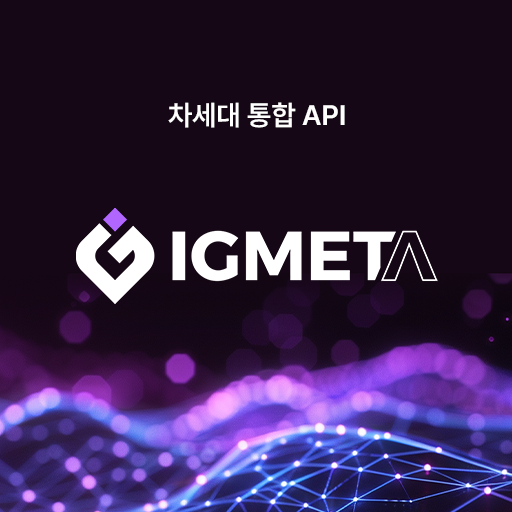
Seoul, South Korea Jul 28, 2025 (Issuewire.com) - IGMETA (https://igmeta.io), a next-generation API infrastructure company specializing in tamper-proof data and real-time auditing systems, has issued a strong warning about the growing issue of callback manipulation within Koreas API sector. This silent and systematic practice has been reported across industries including digital advertising, e-commerce, and iGaming, with most client companies either unaware of the issue or unable to prove foul play due to lack of evidence.
A recent incident involving a Korean platform operator, referred to as Company A, highlights the severity of the problem. We clearly received callbacks that matched our settlement criteria, said a Company A representative. But when we checked again a few days later, the numbers had been changed. The company reported financial damages estimated in the hundreds of millions of Korean wonwithin just one month.
This wasnt a system bug. Experts define this practice as callback manipulationthe intentional alteration of callback data after the fact. Sometimes called silent override, this behind-the-scenes fraud has been quietly affecting platforms across multiple sectors.
In the e-commerce industry, some providers send delivery completion callbacks before actual delivery is made, inflating KPIs. In digital advertising, early reports may show high click or impression counts, only for those numbers to be revised downward laterreducing payouts without the advertisers knowledge.
The iGaming industry is particularly vulnerable, as callback values are directly tied to settlement amounts. Even small changes can drastically alter revenue sharing. While terms like callback fraud are commonly used behind closed doors, most platforms lack the technical means to prove the manipulation.
Even when suspicions arise, theres often no way to validate them. Many API providers dont offer immutable log storage, access to call history, or even basic traceability tools such as IP addresses and timestamps.
We raised questions about the numbers, said one platform executive. But the provider simply called it a system error. We had no logs, no proofjust a gut feeling that something was off. So we had to accept it.
This asymmetry of transparency gives API providers total control over data truthwhile shifting all risk onto clients. When issues arise, the lack of evidence leaves the client without a path to accountability.
In response, a new wave of companies are redesigning their API infrastructure from the ground up, embedding transparency, auditability, and verifiability as default featuresnot optional add-ons.
One leading example is IGMETA.
The company has already implemented:
Immutable data storage for all callback responses
Real-time dashboards allowing clients to view full history
Automated alerts when values are altered
Full metadata stamping including IP address, timestamp, and requester identity
Our infrastructure ensures that the data can prove itself, said an IGMETA representative. If something changes, youll know exactly when, how, and who did it.
As one expert put it:
Speed used to be the competitive edge. Now its about architecture. The real question iscan your API be externally audited?
Today, APIs are no longer just data pipes.
Theyre the foundation for contracts, settlements, and trust.
And in this new landscape, the companies that lead wont just be fasttheyll deliver verifiable truth.
To learn more about IGMETAs secure API infrastructure or to request a media interview, please visit https://igmeta.io or email [email protected].
Source :IGMETA
This article was originally published by IssueWire. Read the original article here.